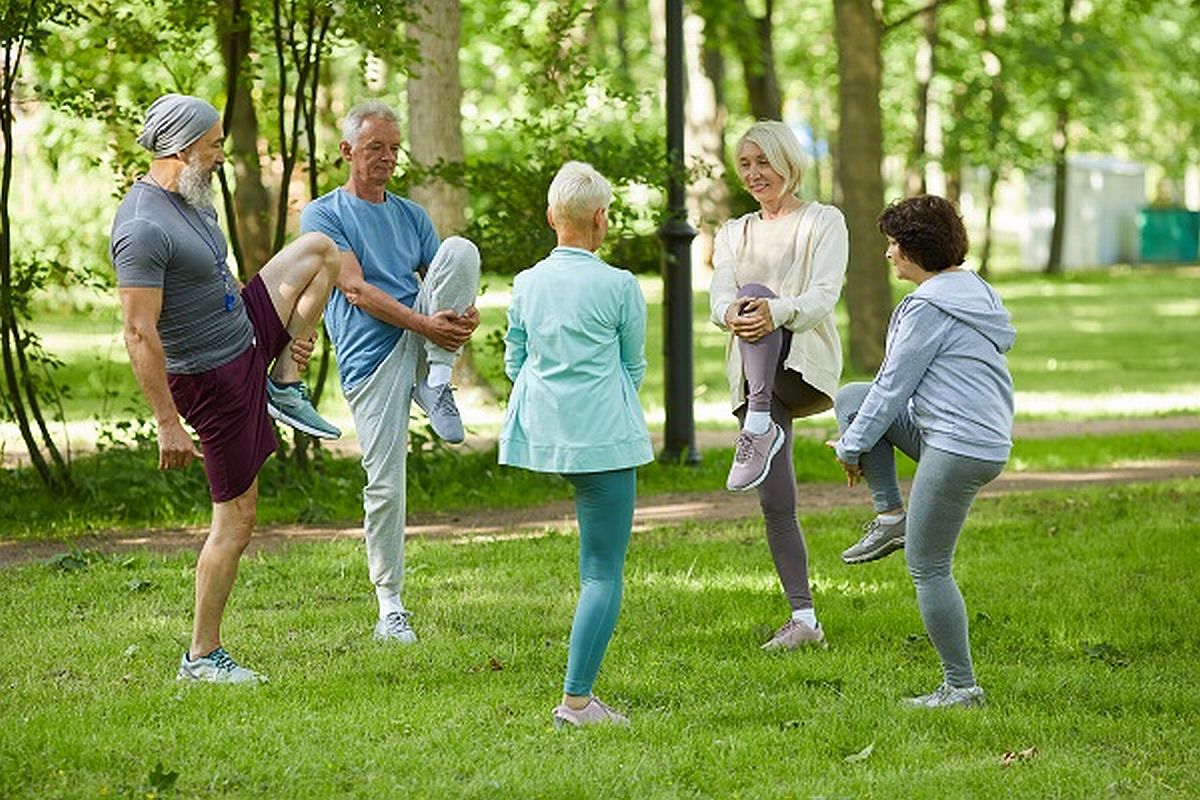Introduction
In the hustle and bustle of modern life, maintaining a healthy balance between physical and mental well-being is essential for a fulfilling and prolonged lifespan. The symbiotic relationship between physical and mental exercise plays a pivotal role in shaping the overall wellness of an individual. This article delves into the significance of incorporating both types of exercises into our daily routines, exploring their positive impact on longevity, cognitive function, and overall health.
I. Understanding the Interconnectedness
A. Holistic Approach to Wellness
Achieving optimal health requires a holistic approach that addresses both the body and mind. Physical and mental exercises are two sides of the same coin, complementing each other to create a harmonious state of well-being.
B. The Mind-Body Connection
Research has shown that the mind and body are intricately connected. Engaging in physical activities triggers the release of endorphins, the feel-good hormones, which, in turn, positively influence mental well-being. Simultaneously, a healthy mind enhances motivation and focus, contributing to a more active and rewarding physical lifestyle.
II. Physical Exercise: A Fountain of Youth
A. Boosting Longevity
Regular physical exercise has been linked to increased longevity. Studies consistently show that individuals who engage in moderate to vigorous physical activities tend to live longer, experiencing a reduced risk of chronic diseases and premature aging.
B. Enhancing Cardiovascular Health
Cardiovascular exercises, such as jogging, swimming, and cycling, play a crucial role in maintaining heart health. These activities strengthen the heart muscles, improve blood circulation, and lower the risk of heart-related issues, contributing to an extended and healthier life.

C. Building Strong Bones and Muscles
Weight-bearing exercises, like strength training, promote bone density and muscle strength. As we age, maintaining strong bones becomes paramount in preventing fractures and osteoporosis, ensuring a more active and independent lifestyle well into our senior years.
III. Mental Exercise: Nourishing the Brain
A. Cognitive Benefits
Just as physical exercise benefits the body, mental exercise is indispensable for cognitive health. Engaging in activities that challenge the brain, such as puzzles, memory games, and learning new skills, helps to maintain and even improve cognitive function.
B. Warding Off Cognitive Decline
Numerous studies suggest that a mentally active lifestyle can contribute to a lower risk of cognitive decline and neurodegenerative diseases like Alzheimer’s. Keeping the brain engaged through continuous learning and problem-solving activities is a proactive approach to preserving cognitive abilities.
IV. Striking the Right Balance
A. Creating a Well-Rounded Routine
Achieving the optimum balance between physical and mental exercises requires planning. Incorporating a mix of aerobic exercises, strength training, mindfulness practices, and intellectual pursuits ensures a well-rounded routine that addresses various aspects of health.
B. Tailoring Exercises to Personal Preferences
The key to sustaining a lifelong commitment to exercise is finding activities that resonate with individual preferences. Whether it’s dancing, hiking, meditation, or chess, choosing activities that bring joy and satisfaction enhances the likelihood of adherence to a healthy lifestyle.
V. Overcoming Challenges and Staying Motivated
A. Recognizing Barriers
Despite the numerous benefits, individuals often face barriers to regular exercise, be it physical limitations, time constraints, or lack of motivation. Identifying these obstacles is the first step towards developing strategies to overcome them.
B. Cultivating a Positive Mindset
Maintaining a positive mindset is crucial for sustaining long-term lifestyle changes. Setting realistic goals, celebrating small victories, and viewing setbacks as opportunities for growth contribute to a resilient and motivated approach to health and wellness.
Conclusion
In conclusion, the integration of physical and mental exercise into our daily lives is a powerful strategy for enhancing our overall well-being and extending our lifespan. The interconnectedness of the mind and body underscores the importance of adopting a holistic approach to health. By understanding the benefits of each type of exercise and striking the right balance, individuals can create a sustainable and fulfilling lifestyle that promotes longevity and vitality. Embrace the journey towards a healthier and happier life through the synergy of physical and mental exercise.
